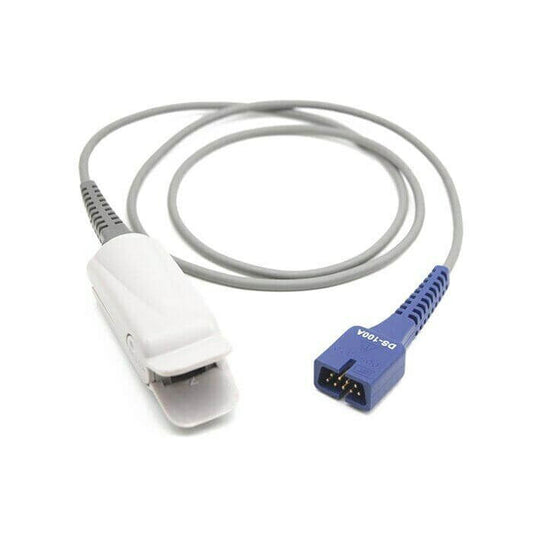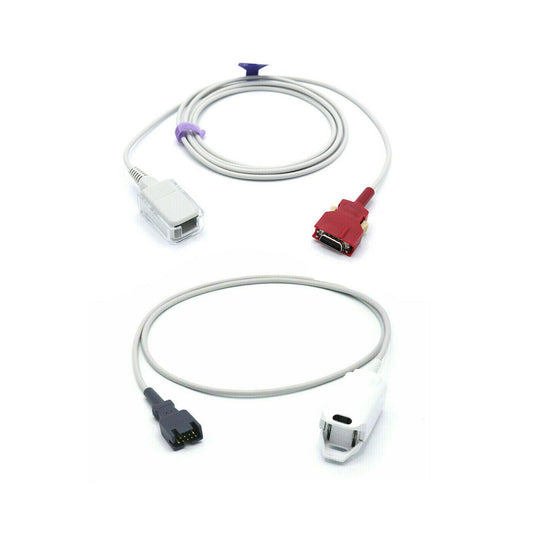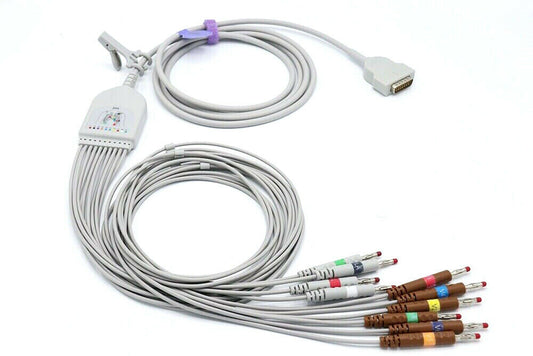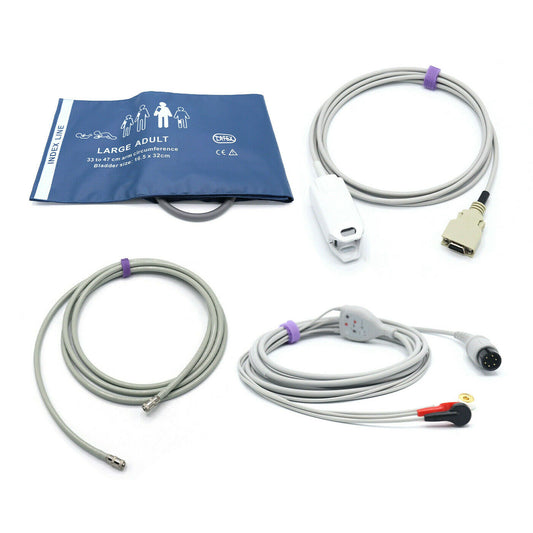What is Methemoglobin and Methemoglobinemia?
Methemoglobin, also known as metHb, is a type of hemoglobin that is unable to transport oxygen. Methemoglobinemia describes a condition where an individual may have abnormally high methemoglobin levels. Such a condition can be caused by certain topical anesthetic agents, such as Lidocaine, and other drugs commonly used in both inpatient and outpatient settings.
When untreated, methemoglobinemia can lead to decreased oxygen transport to tissues, causing vital organ damage. Significant organ injury can occur within only five minutes, so it is imperative to avoid vital organ injury via quick detection and treatment.
Traditional Diagnosis Method
Traditional methods of methemoglobinemia diagnosis include reliance on physical presentation. Physical manifestations may include symptoms such as elevated heart rate, dizziness, anxiety, or headache. More severe methemoglobinemia involves dyspnea, fatigue, seizures, and coma, making it a fatal condition. Additionally, these signs are non-specific to methemoglobinemia and could be indicative of a number of different conditions. Therefore, prompt detection of methemoglobinemia and intervention is difficult when evaluating symptoms alone.
Providers can also obtain a methemoglobin level to more accurately confirm a methemoglobinemia diagnosis and determine treatment options. To get this level, a provider would need to perform laboratory blood tests on a patient. However, this method is invasive and time-consuming, which is not ideal in a medical emergency. Therefore, there is a need for more advanced, efficient, and precise modes of conducting blood oxygen level testing.
Advanced Diagnosis Method
Pulse oximeters offer a convenient way to measure oxygen levels via a clip-like device that is placed on an area of the body, such as a finger, ear, or toe. Nellcor, for example, has a wide array of pulse oximeter products, including the N600X tabletop oxygen saturation monitor, DS-100A finger sensor and other Nellcor Oximax SpO2 sensors . Masimo also offers pulse oximeter products, such as the Masimo Rainbow line of products. The Masimo SpMet technology provides a more rapid, accurate, and non-invasive option for measuring methemoglobin blood levels. For example, the Masimo DCI-DC3 SpCO, SpMet, SpO2 Finger sensor when connected to the Masimo Root 7 will provide readings for the different variables listed above. It has significant advantages over traditional options as demonstrated by several studies.
One study evaluated how SpMet from the Masimo Radical-7 Pulse CO-Oximeter compared to invasive arterial blood gas measurements in individuals getting prilocaine prior to orthopedic surgery. Investigators continuously monitored SpMet and SpO2 prior to the onset of anesthesia, and they also performed blood gas analysis at the first injection and specified intervals thereafter. Results indicated that SpMet demonstrated similar laboratory values of methemoglobin and SaO2 compared with traditional methods. The study yielded a bias of 0.27% and had a 95% confidence limit of +1.33%, suggesting that SpMet can support the detection and treatment of methemoglobinemia. Likewise, SpMet is a great option for clinicians to continuously monitor methemoglobin levels in the blood via a non-invasive method.
Conclusion
In conclusion, metHb is an important value to measure when detecting and treating methemoglobinemia. Methemoglobinemia can be dangerous and life-threatening, and thus prompt medical attention is imperative. Newer pulse oximetry devices, such as the SpMet, offer significant advantages over traditional methods. Primarily, such a device provides more rapid, accurate, and comfortable blood oxygen testing.
References
- Hess, D. R. (2016). Pulse oximetry: Beyond SpO2. Respiratory Care, 61(12), 1671–1680. https://doi.org/10.4187/respcare.05208
- Masimo—Methemoglobin(Spmet). (n.d.). Retrieved March 25, 2022, from https://www.masimo.com/technology/co-oximetry/spmet/
- Seven benefits of NellcorTM pulse oximetry technology. (n.d.). Retrieved March 25, 2022, from https://hcpresources.medtronic.com/blog/seven-reasons-to-consider-nellcor-pulse-oximetry
- Pulse oximetry. (n.d.). Retrieved March 25, 2022, from https://www.hopkinsmedicine.org/health/treatment-tests-and-therapies/pulse-oximetry






